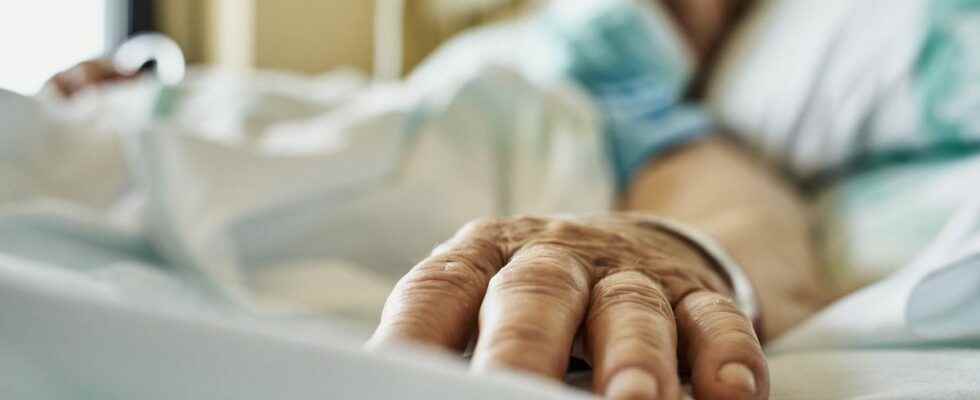Published on
Updated
Reading 2 mins.
Performing a simple routine examination can be more difficult than it seems. According to a flash survey, one out of two chronically ill patients would thus encounter difficulties in accessing care.
Obtaining a consultation, getting a prescription prescribed, getting an x-ray… is no small feat. According to a survey published Tuesday by “Action Patients” (a new group bringing together 32 associations of chronic patients), one in two chronic patients cannot get proper treatment.
Postponements of care and abnormally long delays
The flash survey carried out by Action Patients was conducted in October among 1,705 patients (or caregivers) and 309 caregivers, most of whom were cared for in public hospitals.
The objective of the study? Alert the public authorities to the deterioration of patient care, which could impact their quality of life and/or chances of survival.
However, according to the results, almost half of the patients (49%) who took part in the study encountered difficulties in accessing care over the past year.
Among the most frequently cited: difficulties in accessing diagnostic examinations (19%) and follow-up consultations (14%), delays in treatment (15%) and abnormally long delays for a first consultation (14%).
In some situations, these difficulties escalate and come close to genuine institutional mistreatment:
“Sterile room nurses are increasingly speedy due to staff shortages. During treatments, the waiting time to intervene is longer and longer after ringing the bell, so much so that once I peed myself on it for lack of a pool that arrived in time.“, says a patient.
Moreover, for nearly 40% of patients, no reason was given to justify these difficulties.
As for caregivers, the results are hardly more pleasing: 85% of caregivers believe that patient care has deteriorated over the past year and 75% of them believe that this deterioration has caused loss of opportunity.
Even more worryingly, nearly 15% of caregivers report having “had to deny urgent care to their patients“. For the vast majority of caregivers (80%), this deterioration is due to a “lack of nurses or other caregivers“.
Faced with this observation, the Action Patients collective decided to launch a major communication campaign on the theme #SauveTonHopital.
